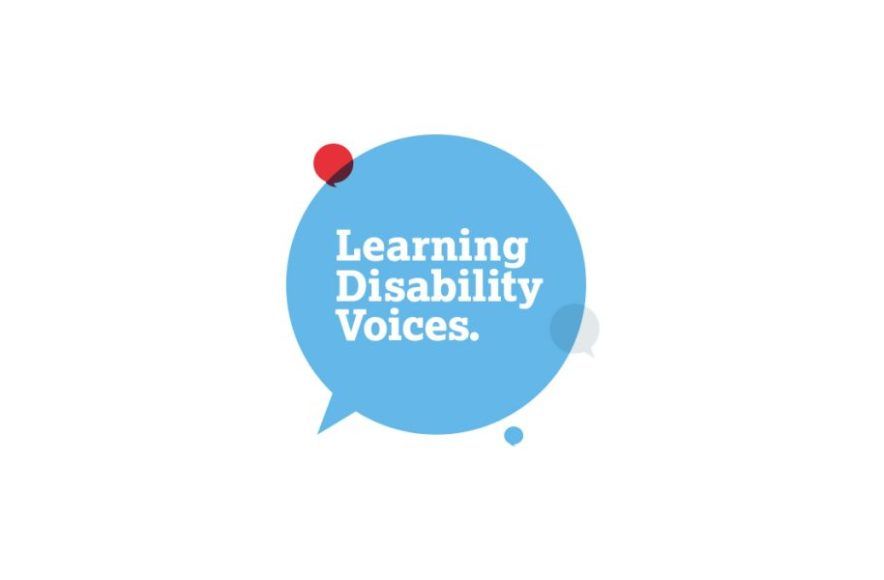Government must properly fund local authorities and ensure care workers are entitled to the National Minimum Wage

Today, after almost four months, the Government has reacted to the Court of Appeal’s decision over sleep-in pay in July. New guidance issued by the Department for Business, Energy & Industrial Strategy (BEIS) reflects the Court’s ruling that workers are not entitled to the National Minimum Wage (NMW) for every hour of a sleep-in shift.
Reacting to the decision, Learning Disability Voices (LDV), a coalition formed to protect social care funding and which represents providers for people with learning disabilities in the UK, is now calling on the Government to legislate so that care workers continue to be entitled to the NMW for all shifts including sleep-ins. LDV also called on the Government to raise the level of funding provided to Local Authorities (LAs) and care providers in line with new legislation to fund wages for hard-working care staff.
LDV members remain committed to paying their dedicated workers fairly and ensuring care services are funded properly so they can continue to function at the high level people who rely on care services depend on and deserve.
Tim Cooper, Co-Chair of Learning Disability Voices & CEO at United Response, said:
“The Government has a chance to do the right thing – enshrining and supporting the National Minimum Wage (NMW) by ensuring legislation is clear that all workers are entitled to the NMW and making sure cash-strapped local authorities genuinely have new money to fund overnight care.
“People throughout the UK who rely on care services, care workers and the providers of these essential community services deserve to know whether the Government really wants some of the lowest paid workers in the UK to receive NLW for all of their shifts.
“United Response remains committed to paying our staff fairly for the work they do but we can only do this if properly funded. Our workforce is our greatest asset and so we believe that NLW rates should apply for sleep-in shifts.
“We call on the Government to act swiftly and decisively to remove the confusion by setting out in law that NLW applies to sleep in shifts and to remove the fear by ensuring that local authorities and providers are properly funded for all shifts, including sleep-ins, at the NLW.
“There is a moral obligation for the Government to ensure a fair deal for employees and employers alike. It is now over to the Government who need to provide stability for the sector after the last three years of uncertainty.”
A 2015 Employment Tribunal resulted in HMRC pursuing care providers offering sleep-in services for six years of back pay for all staff who had performed sleep-in shifts. This bill was estimated to be around £400 million in total for the entire care sector. In 2017, HMRC set up the Social Care Compliance Scheme which gave care providers one year to self-assess their liability and a further three months to pay back workers. Notably, this scheme offered no assistance to providers in assessing their liability, locating their past staff of up to six years ago nor any information on how past and current employees would be paid.
Government did not increase money going to LAs or care providers for the sleep-in shifts moving forward nor any new money to cover the back pay. Public services to care for people with disabilities are funded by LAs. Central Government funding is then provided to LAs who often contract with care providers to deliver services. The potential monetary shortfall expected by care providers, many of them charities, has already led to some providers closing and handing back untenable contracts with disabled people losing their homes and carers.
Personal budget holders, who contract independently with carers, also faced a back pay bill of up to six years.